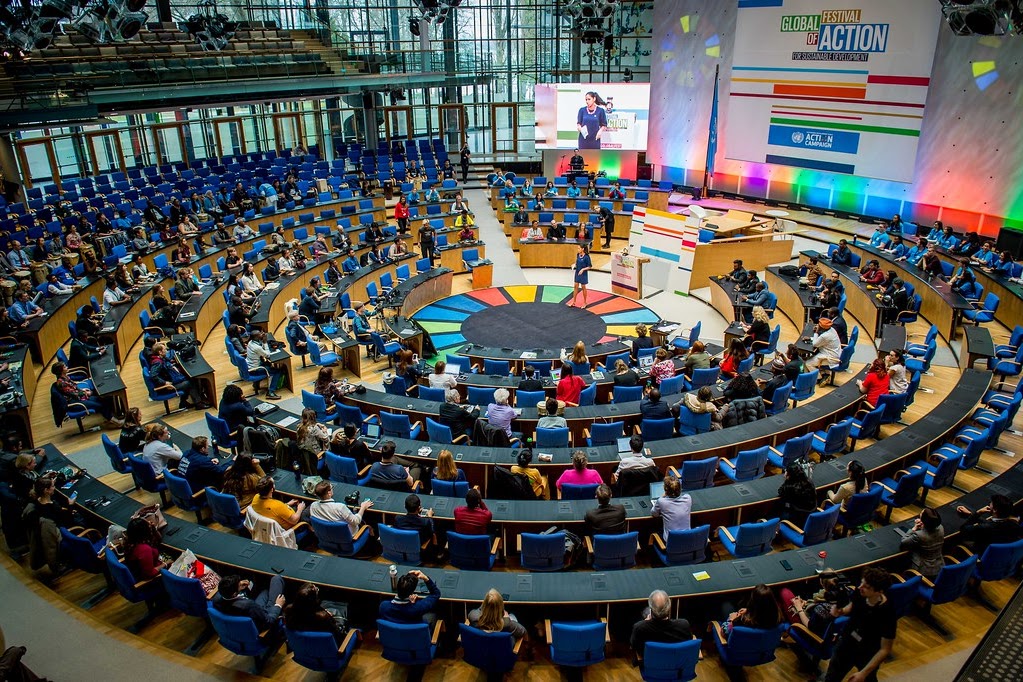
To what extent do benchmarking initiatives drive positive changes for the lives of affected stakeholders?
Topic(s): Business & Economics, Civil & Human Rights, Sustainability
Location(s);
Partnership(s): World Benchmarking Alliance

Student Team
Mohamed Salah
Governance and Policy, 2025
Egypt

Noella Mumba
Governance and Policy, 2025
Kenya

Alex Jensen
Sustainable Development, 2025
United States

Lamrana Alieu Jalloh
Governance and Policy, 2025
Sierra Leone

Project Overview
The World Benchmarking Alliance (WBA) is committed to promoting sustainability by assessing the performance of the top 2000 influential companies in achieving the United Nations Sustainable Development Goals (SDGs). Their benchmarking efforts encourage companies to adopt more sustainable practices. However, there’s a need to understand how these changes benefit stakeholders, especially in low and middle-income countries. In 2024, WBA plans to launch an ‘impact project’ that measures their influence on improving the lives of affected stakeholders, such as workers and communities. i-Lab students will have an opportunity to develop a practical framework for assessing their tangible impact, going beyond corporate rankings. This project aligns with WBA’s mission of advancing sustainability. Key questions include factors influencing WBA’s impact and ways to better support stakeholders and civil society organizations in affected regions.
Faculty Team
Melissa Paulsen
Entrepreneurship and Education Program Director; Integration Lab Administrative Director; and Professor of the Practice